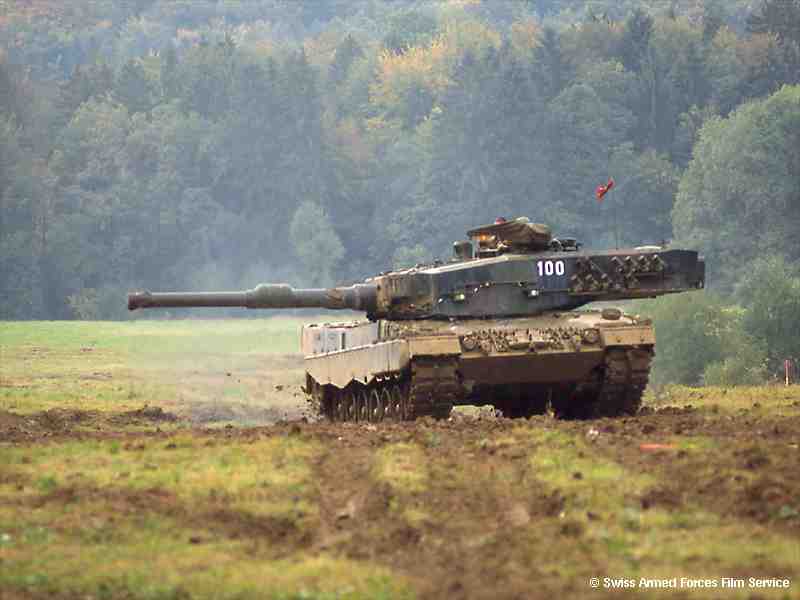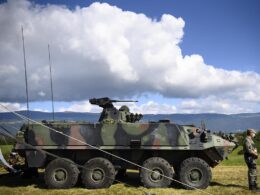Switzerland is close to breaking with centuries of tradition as a neutral state, as a pro-Ukraine shift in the public and political mood puts pressure on the government to end a ban on exports of Swiss weapons to war zones, although lawmakers are divided on the issue, Reuters says.
Under Swiss neutrality dating back to 1815 and is enshrined by a treaty in 1907, Switzerland will not send weapons directly or indirectly to combatants in a war.
"Buyers of Swiss arms are legally prevented from re-exporting them, a restriction that some representing the country's large weapons industry say is now hurting trade. Calls from Switzerland's European neighbours to allow such transfers to Kyiv have meanwhile grown louder as Russia's assault intensifies, and parliament's two security committees recommended that the rules be eased accordingly," the report reads.
Russia’s invasion spurs debate on how Switzerland can help Ukraine with tanks – Bloomberg
"We shouldn't have the veto to stop others helping Ukraine. If we do that, we support Russia which is not a neutral position," said Thierry Burkart, leader of the center-right FDP party, who has submitted a motion to the government to allow arms re-exports to countries with similar democratic values to Switzerland.
Also, a survey by pollsters Sotomo published on Sunday showed that 55% of respondents in Switzerland favor allowing weapons re-exports to Ukraine.
Last November, chief of the Swiss Department of Economic Affairs Guy Parmelin rejected a request from German Defense Ministry to send 12,400 Swiss-made 35-mm ammunition rounds to the Ukrainian army, claiming that such a delivery would be a legal violation of Swiss neutrality.
Read also:
- Switzerland adopts EU’s latest sanctions, targeting Russian oil
- Putin’s Patriarch Kirill spied for USSR in 1970s Switzerland – Swiss media
Switzerland freezes USD 8 billion in financial assets under Russia sanctions
- Switzerland provides CHF 100 million in aid for “urgent rehabilitation of Ukraine’s energy infrastructure”
- Switzerland to represent Ukrainian interests in Russia





